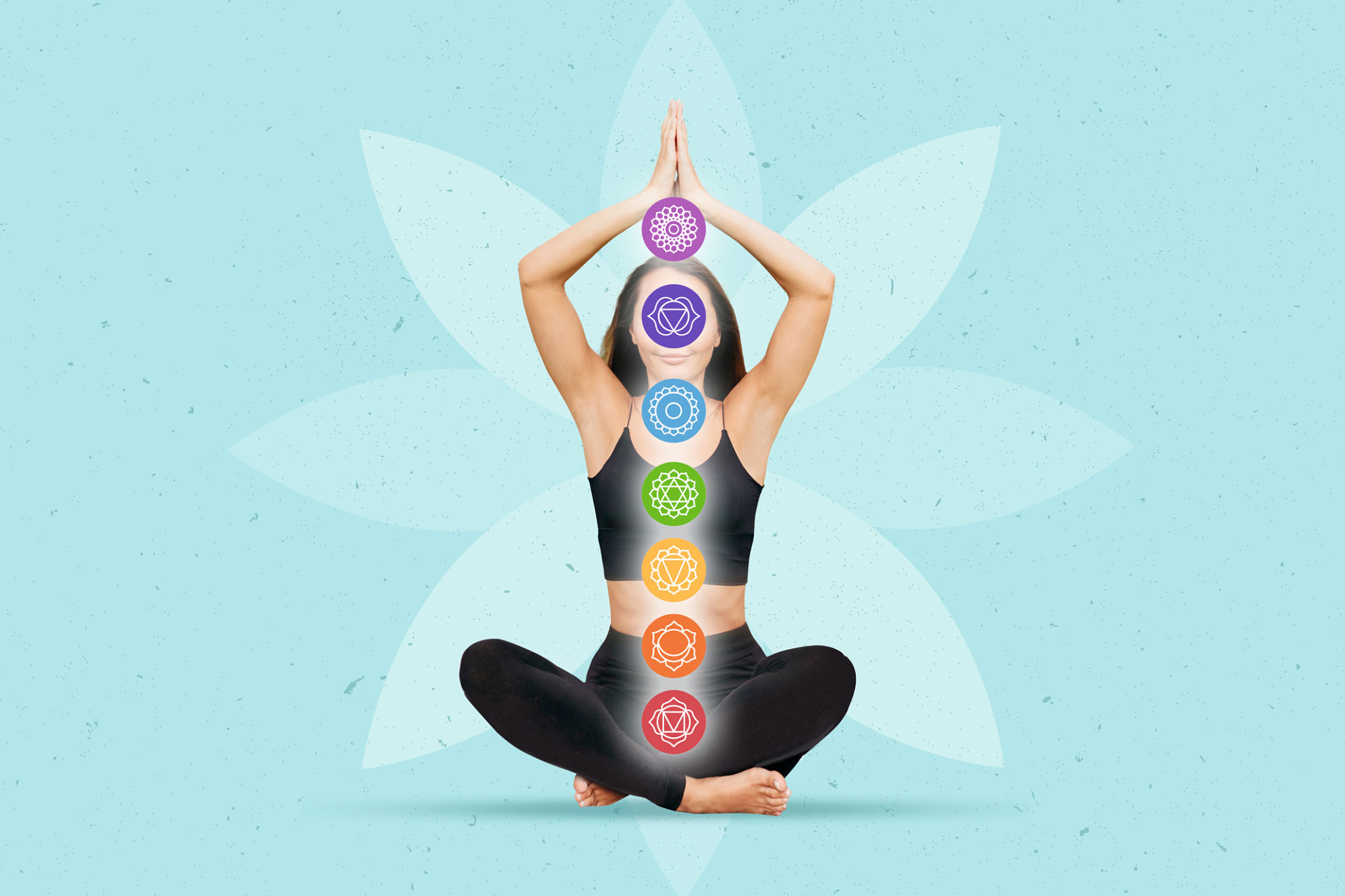Exploring the Connection Between Meditation and Stress Relief
The Science Behind Meditation and Stress Relief
In today's fast-paced world, stress has become an almost ubiquitous part of daily life. Meditation, a practice with ancient roots, is increasingly recognized as a powerful tool for stress relief. But what is it about meditation that makes it so effective? At its core, meditation is about training the mind to focus and redirect thoughts, which can lead to a calmer and more centered state of being.
Scientific studies have shown that meditation can have profound effects on the brain. Regular practice has been linked to changes in brain structure and function, particularly in areas related to attention, emotion regulation, and self-awareness. These changes can help decrease the stress response, making it easier to handle life's challenges with a sense of calm and clarity.

How Meditation Reduces Stress
When you're stressed, your body goes into "fight or flight" mode, releasing hormones like adrenaline and cortisol. While this response can be useful in short bursts, chronic stress can lead to a host of health issues. Meditation helps by activating the "rest and digest" part of the nervous system, promoting relaxation and counteracting the stress response.
During meditation, the heart rate slows down, breathing becomes more even, and blood pressure decreases. This physiological shift allows the body to move out of stress mode and into a state of restfulness. Moreover, regular meditation practice can increase resilience to stress, helping individuals remain calm in high-pressure situations.

The Different Types of Meditation
There are several forms of meditation that you can practice for stress relief. Here are a few popular types:
- Mindfulness Meditation: This involves paying attention to the present moment without judgment. It helps increase awareness of thoughts and feelings.
- Transcendental Meditation: This technique uses a mantra or series of words to help focus the mind and transcend normal thought processes.
- Loving-kindness Meditation: This practice involves directing positive wishes towards oneself and others, promoting empathy and emotional well-being.
Each type has unique benefits, but all aim to enhance mental clarity and reduce stress.

Integrating Meditation into Daily Life
Incorporating meditation into your daily routine doesn't have to be complicated. Many people find success by starting with just a few minutes each day and gradually increasing the duration as they become more comfortable with the practice. Consistency is key, so it's important to find a time that works best for you, whether it's first thing in the morning or right before bed.
Creating a dedicated space for meditation can also be beneficial. This space doesn't need to be large or elaborate; it simply needs to be a place where you feel comfortable and free from distractions. Some people find that using meditation apps or guided sessions can be helpful in maintaining focus and motivation.
The Long-term Benefits of Meditation
Beyond immediate stress relief, meditation offers a host of long-term benefits. Research suggests that regular practice can enhance memory, improve concentration, and even boost overall mood. Additionally, meditation has been associated with lower levels of anxiety and depression.
Over time, those who meditate regularly may find themselves more equipped to handle stressful situations with ease. They may also experience an improved sense of well-being and a greater appreciation for life. This holistic improvement in mental health makes meditation a valuable tool for anyone looking to enhance their quality of life.

Conclusion
Meditation offers a powerful antidote to the stress of modern life. By fostering a sense of calm and improving mental resilience, it can greatly enhance one's ability to manage stress effectively. Whether you're new to meditation or looking to deepen your practice, the benefits it provides are well worth exploring.
Consider starting your journey with just a few minutes each day and experience firsthand the profound impact it can have on your mind and body. As you integrate meditation into your life, you'll likely find yourself feeling more balanced, centered, and at peace.